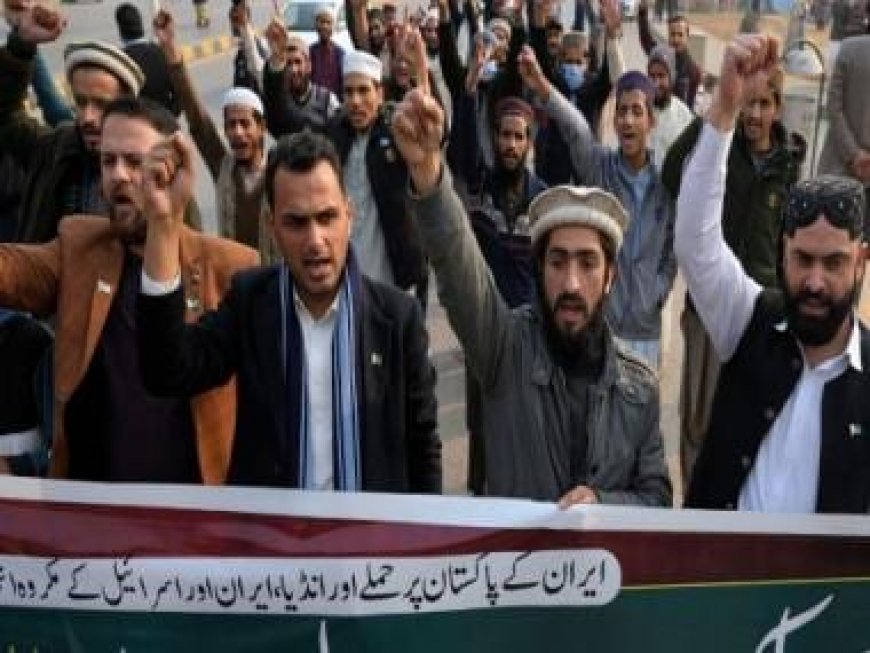Pakistan's civil-military leadership holds high-level meeting amid tension with Iran
Pakistan's civil-military leadership holds high-level meeting amid tension with Iran

With an aim to discuss and repair the ongoing tiff with Iran following their military strikes in each other’s territory, Pakistan’s civil-military leadership held a high-level consultative meeting.
According to the media report, caretaker Prime Minister Anwaarul Haq Kakar presided over the meeting of the National Security Council (NSC) while services chiefs, cabinet ministers, and other officials were in attendance.
The unprecedented attacks by both Pakistan and Iran on either side of their border appeared to target Baluch militant groups with similar separatist goals. The countries accuse each other of providing a haven to the groups in their respective territories.
The flare-up between Iran and Pakistan comes as the Middle East remains unsettled by Israel’s war with Hamas in the Gaza Strip, and on the heels of Iranian airstrikes late Monday in Iraq and Syria. Those airstrikes were in response to a suicide bombing in Iran by Islamic State militants in early January that killed over 90 people.
Iran and nuclear-armed Pakistan have long regarded each other with suspicion over militant attacks, but analysts say this week’s tit-for-tat strikes were at least partially prompted by internal political pressures.
Before the meeting, Foreign Ministers of Pakistan Jalil Abbas Jilani and his Iranian counterpart Hossein Amir-Abdollahian agreed to the spirit of mutual trust and cooperation and the need for closer cooperation on security issues during a telephone talk.
The NSC meeting will be followed by a federal cabinet meeting chaired by the Prime Minister.
This week’s airstrikes between Iran and Pakistan that killed at least 11 people mark a significant escalation in fraught relations between the neighbours.
Long-running, low-level insurgencies on either side of the border have frustrated both countries, and the apparent targets of the strikes — Iran’s on Tuesday and Pakistan’s response on Thursday — were insurgent groups whose goal is an independent Baluchistan for ethnic Baluch areas in Iran, Pakistan and Afghanistan.
Iran’s military on Thursday began a planned annual air defence drill stretching from its port of Chabahar near Pakistan in the east, all the way across the country to its border with Iraq in the west. The drill will include live fire from aircraft, drones and air defence systems.
Fresh strikes by Iran and Pakistan cannot be ruled out, although this week’s attacks raise questions about the preparedness of their own militaries, particularly their radar and air defence systems.
For Pakistan, such systems are crucial given its constant, low-level tensions with its nuclear-armed rival, India. Its equipment has long been deployed along that frontier, rather than its border with Iran. Separately, Iran relies on radar and air defence systems in the case of potential strikes by its main enemy, the United States.
With inputs from agencies.
What's Your Reaction?



























































